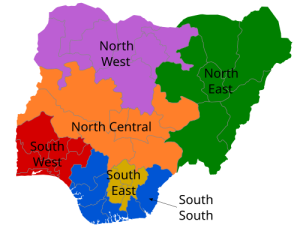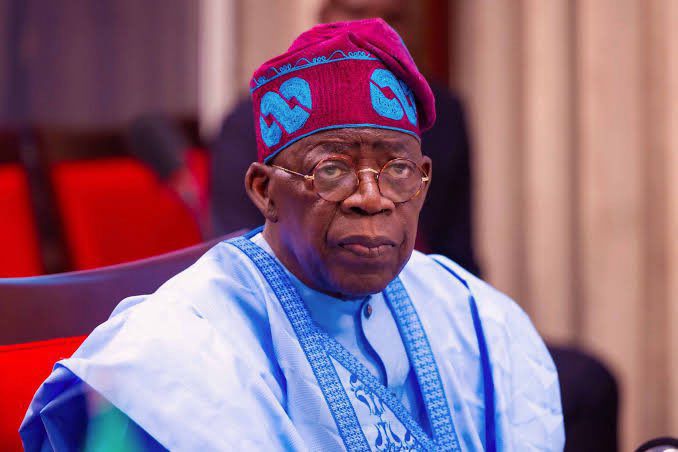Who is a Professor?

Is the title of Professor Exclusive for Academics?
A professor is an academic expert who teaches and conducts research at a university or other institution of higher education. They typically have advanced degrees in their field and are recognized for their expertise and contributions to their discipline.
There are several responsibilities of Academic Professors. Here are the key ones.
– Teaching: Professors design and deliver courses, lectures, and other educational experiences for students.
– Research: They conduct original research, publish scholarly articles and books, and present their findings at conferences.
– Mentorship: Professors often advise and mentor students, providing guidance on academic and professional matters.
– Service: They may also serve on departmental or university committees, contributing to the governance and development of their institution.
There are different types of Professors in the academic community, depending on the country. These include:
– Assistant Professor: An entry-level position for those beginning their academic careers.
– Associate Professor: A mid-career position, often with tenure.
– Full Professor: A senior position, typically with significant experience and recognition in their field.
Of course we know that professor are supposed to be individuals of proven moral character and professional expertise. However, not every Professor lives up to the high expectations of their position and attainment. Nonetheless, there are qualities expected of a good Professor. Here are a few of them.
– Expertise: A good processor has deep understanding of their subject matter.
– Communication Skills: He/she has ability to convey complex ideas clearly and engagingly, because of long years of familiarity in their subject matter.
– Mentorship: A good professor is always willing to support and guide their students.
– Research: A good professor is a lifelong researcher, confirming their commitment to advancing knowledge in their field.
Is the Title “Professor” exclusive to the Academics?
In recent times, there is argument even leading to controversy over the use of the title ” Professor” by those who are not in the traditional academic environment. But the reality is that the title “Professor” is not exclusive to academics. Even though it is commonly associated with university professors, the title can also be used in other contexts. For example:
Honorary Title: Some institutions or organizations may confer the title “Professor” as an honorary distinction, recognizing an individual’s expertise or contributions to a particular field. These individuals must have contributed extensive knowledge on specialized fields, without them being resident Academics.
Music and Arts: In the world of music and arts, the title “professor” may refer to a skilled instructor or master practitioner, such as a piano professor or a dance professor.
In some countries or cultures, the title “Professor” may be used in other fields, such as business, sports, or martial arts, to denote a high level of expertise or authority.
There are other variations in the usage of the title “Professor”, which are worthy of attention
Regional differences in the usage and connotations of the title “Professor” can vary across regions and cultures. Different regions permit the use of the title according to their own peculiarity. There is no universal usage of the title “Professor”.
Contextually, the significance and implications of the title “Professor” can depend on the context in which it is used.
While the title “Professor” is often associated with academics, it does have broader applications and connotations, reflecting expertise, authority, or distinction in various fields. This is important to understand
Finally, it should also be noted that Professorship is attained by having acquired and demonstrated deep knowledge, competence, capacity, in a certain specialized field. Someone cannot be a Professor in two different fields of expertise. For instance, one person cannot be a professor of Economics and at the same time a professor of Electronics engineering.
If someone has the title “Professor”, and you want to be more specific, you may ask them, Professor of What? That will help you situate them and relate with them. Instead of debating over exclusivity of titles, we should be more concerned with quality of impact and products these individuals are bringing to the public space and contributions they have made in their fields of life pursuit.
Whether it is Honourary Doctorates, Honourary Professorship, or any other tiles, we should rather dig to confirm that it aligns with their expertise or public contributions.
In any case, professors are individuals that have attained high degree of expertise in their fields. But it is not an exclusive preserve of those in the academics.
Leadership Consultant
@ Fled Institute, Abuja








